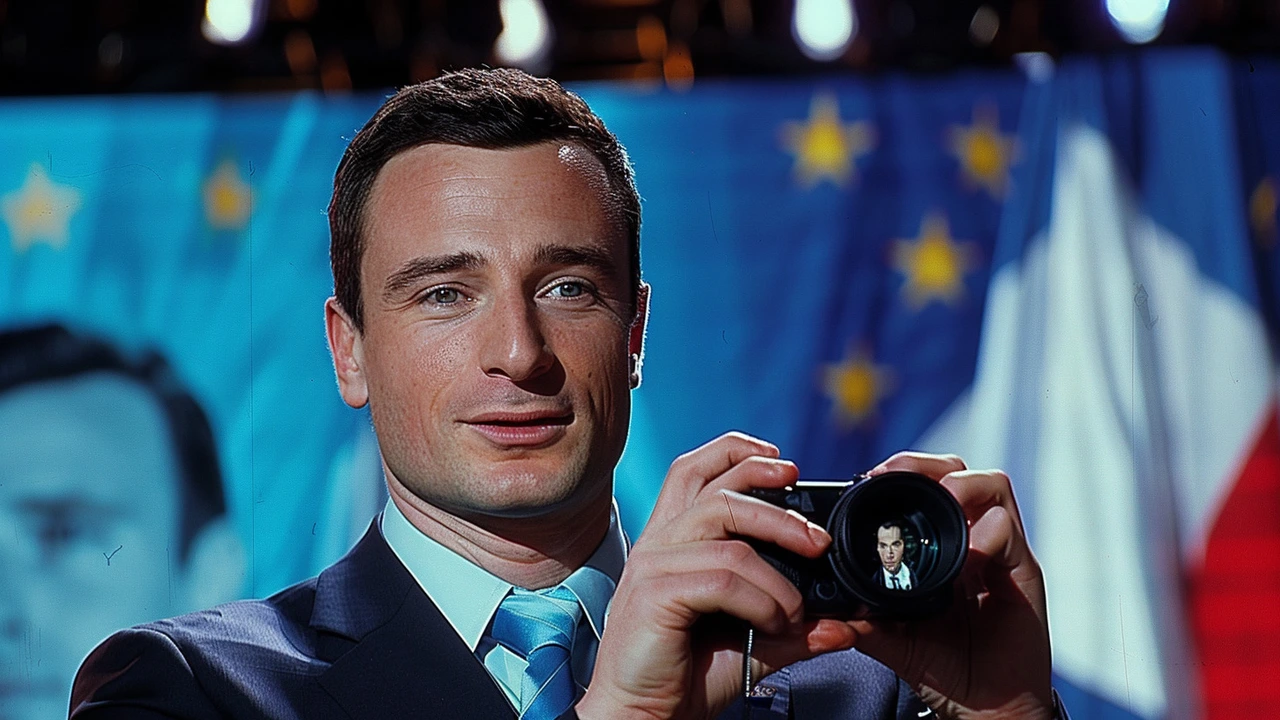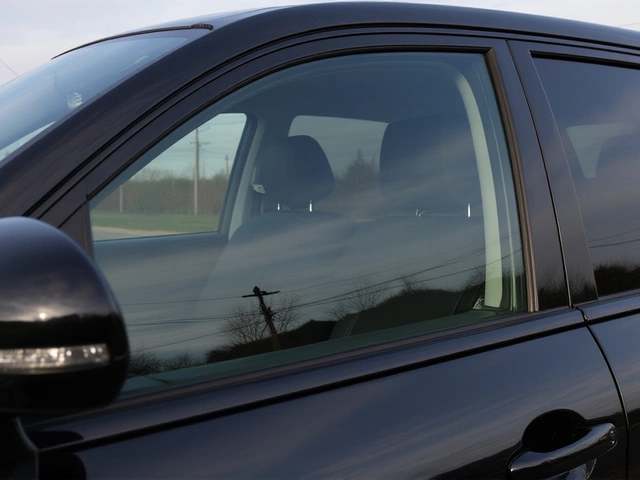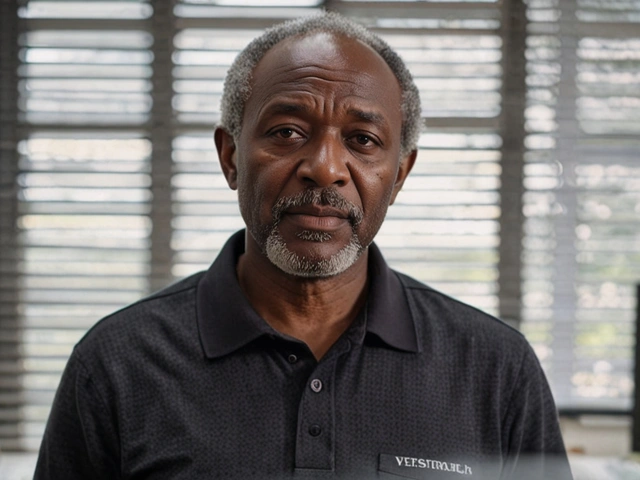What is Nostalgia Politics and Why Does It Matter?
Nostalgia politics is all about how politicians and movements tap into people's longing for the "good old days" to gain support or push agendas. It plays on emotions tied to the past—whether real or imagined—and uses those feelings to influence public opinion and voting behavior. Instead of focusing purely on current issues or future plans, nostalgia politics emphasizes restoring or preserving an idealized version of history.
This approach can impact society strongly. Sometimes, it brings communities together by reminding people of shared values or successes. But often, it oversimplifies complex problems by blaming current struggles on changes in society or shifts away from past traditions. That can lead to divisions or resistance to progress.
How Nostalgia Politics Shows Up in Today's World
You see nostalgia politics popping up in calls for returning to past economic policies, cultural norms, or national identities. Some leaders promise to "bring back" a nation's former glory, even if circumstances have changed drastically. This strategy can be powerful because many people feel uncertain about rapid social changes and economic challenges. Promising a return to simpler or better times makes a compelling story.
For example, some political campaigns emphasize restoring traditional values or protecting long-standing cultural practices. Others highlight historical periods perceived as prosperous or strong, asking citizens to support policies that mimic those times. These messages work by connecting emotionally with voters' memories or family stories about the past.
Why Should You Care About Nostalgia Politics?
Understanding nostalgia politics helps you see beyond catchy slogans and emotional appeals in political debates. It helps you ask: Is this really about solving today's problems, or just trying to recreate a past that can't come back the same way? Recognizing this can guide you to make more informed decisions and engage in conversations that focus on real solutions.
Nostalgia isn't bad on its own—it reflects people’s desires for stability and belonging. But mixing it too much into politics risks blocking fresh ideas and ignoring current realities. By looking closely at how nostalgia is used, you can better understand the times and decide what kind of change you want to support.
Keep an eye on how leaders or groups use stories about the past. Are they inviting you into hopeful plans or just trying to hold onto something that isn’t coming back? That question is at the heart of dealing with nostalgia politics wisely.

First French Vote Marred by Far-Right Surge and the Lure of Fake Nostalgia
As Alexander Hurst casts his first vote in France during the European elections, he contrasts it with his hopeful first vote in the US. His French experience is clouded by the rise of the far-right National Rally party. Hurst discusses the implications of nostalgia politics and the importance of countering false narratives.




